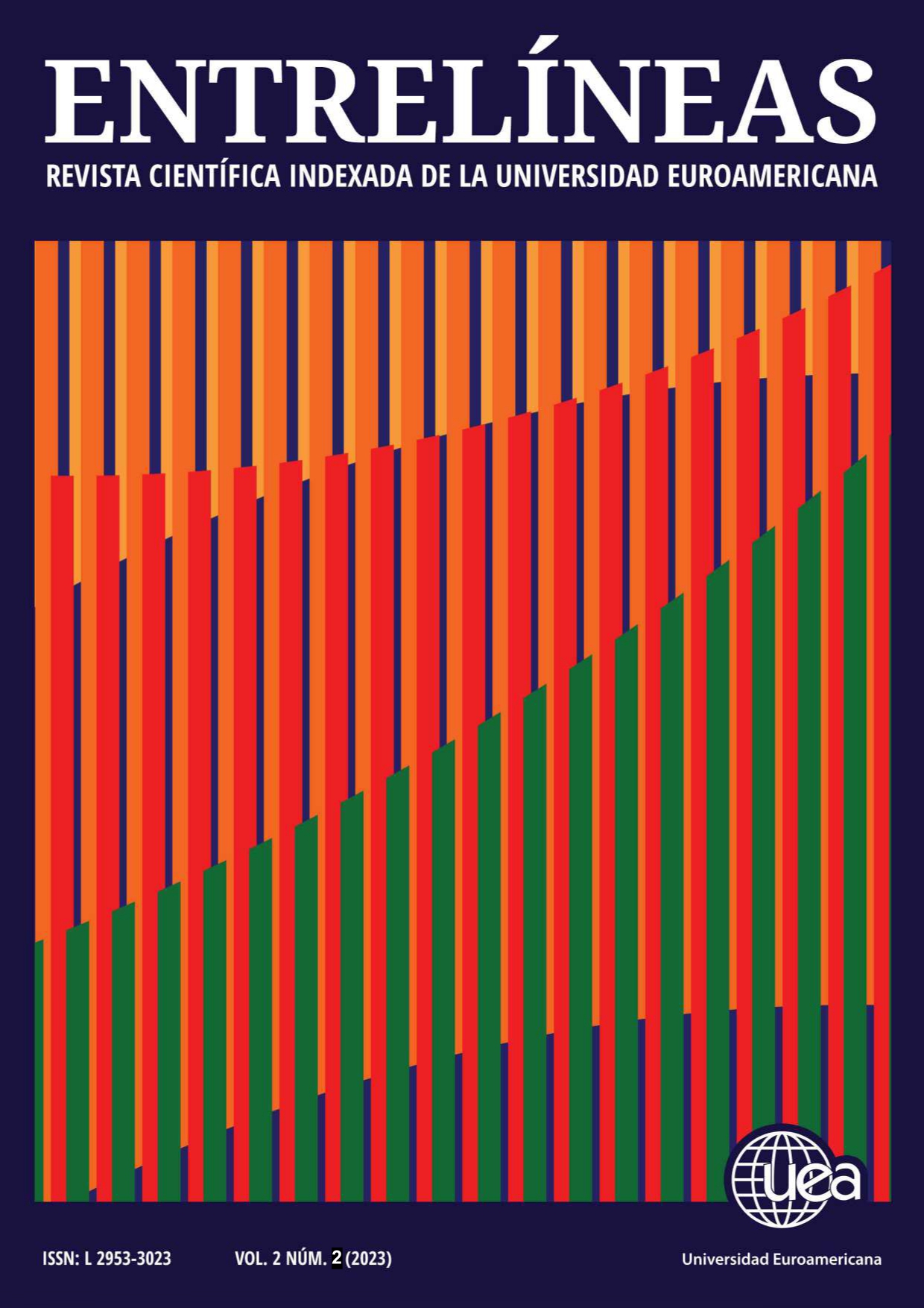Human competences in managers of the manufacturing sector of Panama
DOI:
https://doi.org/10.56368/Entrelineas224Keywords:
competencies, human competencies, development, managersAbstract
The research was aimed at proposing guidelines for the development of Human Competencies of the personnel of manufacturing companies in Panama. The theoretical foundations that support this study focus on the contributions offered by Villarini, Besseyre Des Horts, Dirube, among others. Such an objective allows the research to be characterized as projective, and the identification of present and necessary competencies in Managers frame it as a projective study supported by a non-experimental, descriptive transectional and field-based design. The data was obtained through the application of two (2) instruments, one for managers and employees and one aimed at experts. Descriptive statistical measures were used to analyze the results: mean and standard deviation. The results obtained indicate a level of development in human competencies that makes it necessary to formulate guidelines to provide a framework of reference to direct the necessary actions towards their development in managers of the companies under study.
Downloads
References
Albani, F. & Padilla, M., (2014) Percepción del desarrollo de Competencias Interpersonales producto de un Programa de Tutoría (Coaching) Ejecutiva. [Tesis de grado]. Universidad Católica Andrés Bello.
Besseyre Des Horts, C.H. (1990). Gestión estratégica de los recursos humanos. Editorial Deusto.
Benavides, O (2015). Competencias y competitividad. Diseño para organizaciones latinoamericanas. Editorial Mc Graw Hill.
Bracho, A., (2005) Desempeño Gerencial: funciones y roles en la práctica. Compendium: Revista de Investigación Científica, 14, 5-19.
Cardona, P. & Chinchilla, M.N. (1999) Evaluación y desarrollo de las competencias directivas. Harvard Deusto Business Review, 89, 10-19.
Carrasquero, E. (2014). Introducción a la Estadística en el Uso del STAT GRAPHICS Versión 7.0. Trabajo de Ascenso. Universidad Nacional Experimental Rafael María Baralt.
Dirube M.J., (2014) Un modelo de gestión por competencias lecciones aprendidas. Edición Epise S.A.
Francés, A., (2015). Venezuela posible. IESA.
Hernández, R., Fernández, C., y Baptista, P. (2016). Investigación científica. Mc Graw Hill.
Hodgest, R. & Altman, S. (2001) Comportamiento en las organizaciones. Editorial Mc Graw Hill.
Hurtado de B., J. (2012). Metodología de la investigación holística. IUTC y Sypal.
Jiménez, A. (2017). Habilidades humanas incidencia en la acción gerencial. [Tesis de Maestría]. UNERMB.
Naím, M. (2005). Viejas costumbres y nuevas realidades en la gerencia venezolana. En Moisés Naím, ed., Las empresas venezolanas: su gerencia. Ediciones IESA.
Pérez, A. (2022). Innovaciones de marketing y resultados en las ventas de la industria manufacturera de los productos lácteos en la ciudad de Panamá, 2017 al 2019. [Tesis de Doctorado]. Universidad de Panamá.
Robbins, S. (2016). Comportamiento organizacional. Editorial Pearson.
Tamayo y Tamayo, M. (2014). El proceso de investigación científica. Editorial Limusa.
Urribarrí, Y., (2015) Habilidades administrativas conceptuales, técnicas y humanas del personal administrativo del Programa Postgrado de la Unermb. [Tesis de Maestría] UNERMB.
Valero, V. (2017). Competencias Personales del Médico Integral Comunitario desde la Perspectiva de la Inteligencia Emocional. [Tesis Doctoral]. Universidad Dr. Rafael Belloso Chacín.
Villarini, A. (1996). Manual para la elaboración del currículo orientado al desarrollo humano integral. Biblioteca del Pensamiento Crítico. OFDP.
Villegas, J. (1991). Desarrollo gerencial. Enfoque conceptual y metodológico. Ediciones VEGA.
Downloads
Published
Issue
Section
License

This work is licensed under a Creative Commons Attribution-NonCommercial 4.0 International License.
You are free to:
- Share — copy and redistribute the material in any medium or format
- Adapt — remix, transform, and build upon the material
- The licensor cannot revoke these freedoms as long as you follow the license terms.
Under the following terms:
- Attribution — You must give appropriate credit , provide a link to the license, and indicate if changes were made . You may do so in any reasonable manner, but not in any way that suggests the licensor endorses you or your use.
- NonCommercial — You may not use the material for commercial purposes .
- No additional restrictions — You may not apply legal terms or technological measures that legally restrict others from doing anything the license permits.










